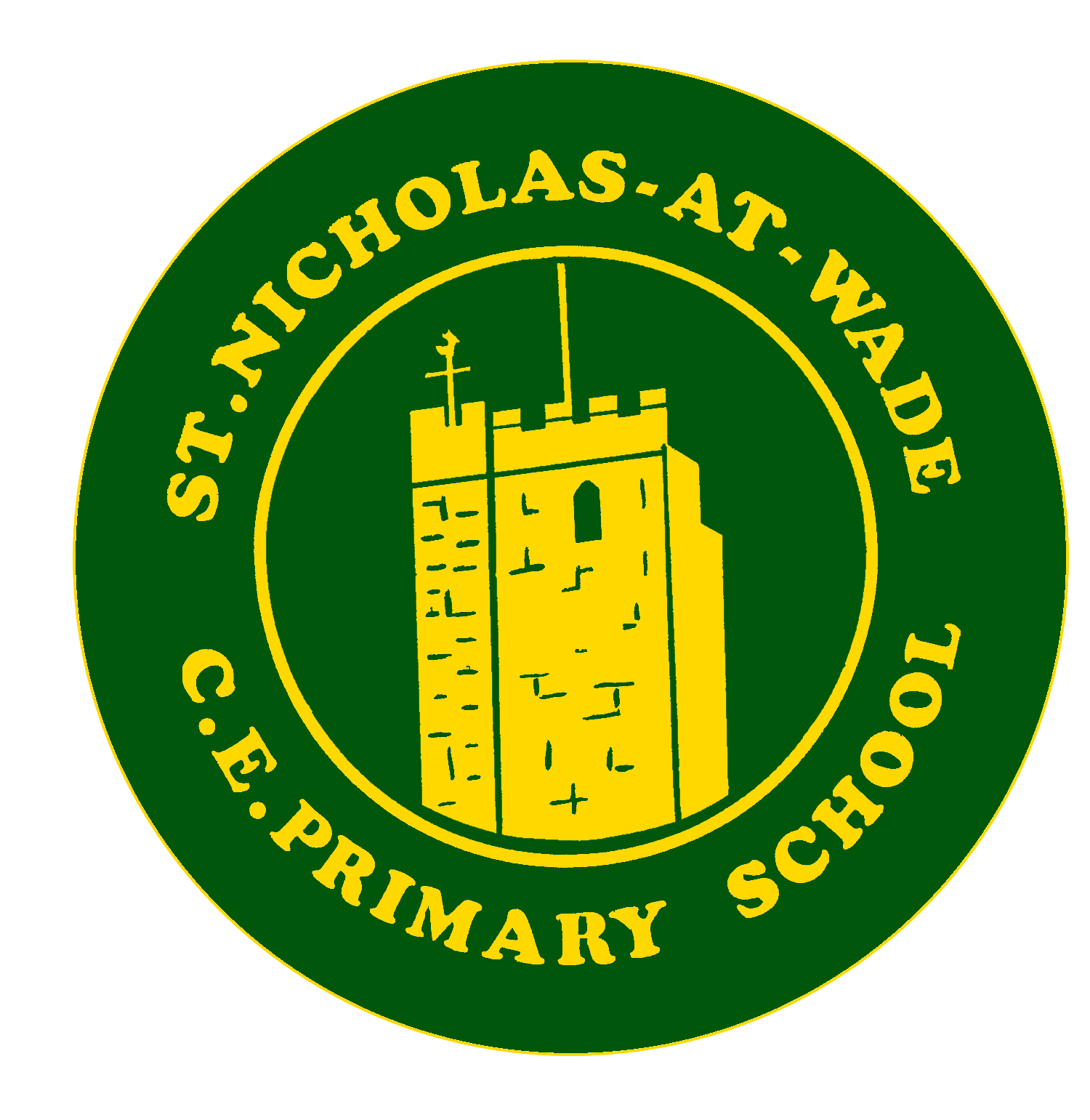French - Modern Foreign Language
Intent
|
Our intent is to provide an appropriate balance of spoken and written language which lays the foundations for further foreign language teaching at key stage 3. |
|
Modern foreign languages teaching at St Nicholas Primary School aims to introduce children to French in a way, which fosters curiosity and deepens children’s understanding of the world. We intend for children to learn to communicate in speech and writing and respond to speaker’s thoughts and ideas. We aim to provide the foundation for further learning of languages. While learning another language, children access ideas and experiences from other cultures and communities, which in turn encourages children to have an understanding and appreciation of diversity in society. We aim to ensure that pupils are taught to:
|
Sources and references : National Curriculum 2014
Implementation
|
Each child in Years 1-6 receives 30 minutes of French teaching a week. The curriculum has been developed using Learn French with Luc et Sophie 1ème Partie Storybook Pack ( Years 3-4) and Learn French with Luc et Sophie 2ème Partie Storybook Pack (Years 5-6). This scheme features a young brother (Luc) and sister (Sophie) and their friends and family. The vocabulary builds through the series of books providing ample words for children to use in speaking and writing activities. Grammatical structures are introduced progressively throughout the series, providing children with the tools they need to speak with increasing confidence and fluency. Children with early French language skills will gain confidence, and develop their language skills, when they realise they are able to read and understand a storybook in French. Classes have copies of many of the stories available to pupils in their class book corners. This enables children to revisit learning from lessons in their own time, independently. The books are available in Staffshare along with audio files for each one to enable pupils to listen to the correct pronunciation. Listening to stories being read in French is not only beneficial for the children but it also a valuable resource when delivering lessons. Pupils then have their turn at reading and orally rehearsing. Teachers and pupils also have access to ‘Physical French Phonics’ which is a sound, action and Spelling System for teaching French. This can be used alongside Learn French with Luc and Sophie. Resources based on the stories are available for staff on Staff share and these include songs, worksheets, the storybooks, audio files and some whiteboard games including sentence building activities. Our French teacher should evidence French on a weekly basis by keeping some work samples or photographs of lessons in their class ‘Big Books’. Monitoring and Evaluation Monitoring and Evaluation is carried out by the Modern Foreign Languages coordinator through informal ‘Big Book’ scrutiny’s, conversations with the French teacher, observation of displays and pupil interviews. Inclusion All pupils, regardless of race, gender or disability, shall have the opportunity to develop their Languages capability. The teaching of MFL promotes inclusivity and diversity through its appreciation of other cultures and communities. |
Impact
|
Our KS2 children experience a high-quality French curriculum which allows them to experience a balance between spoken and written language. Our curriculum, delivered by an experienced language teacher, ensures pupils experience an enjoyable curriculum with well-sequenced lessons that provide clear progression. All KS2 pupils experience weekly practice at listening attentively to French being spoken in stories and songs. They show understanding by joining in and responding. In lessons, they explore sounds and patterns, linking these with spellings and meanings of words. Each week they engage in simple French conversations, orally rehearsing the language being taught. Pupils build their confidence by beginning with words and more familiar vocabulary then build to simple phrases using basic language structures. The teacher and scheme models accurate pronunciation and intonation, therefore allowing the pupils to develop their own pronunciation and intonation in familiar words and phrases. Their learning may take the form of a game, a song or saying part of a story. They always have regular opportunities in lessons to read in French, translating to show their understanding of words, phrases and simple writing. Pupils take enjoyment from experiencing stories, songs, poems and rhymes in French. New vocabulary is introduced in a way that ensures pupils do not feel overwhelmed. Lots of verbal repetition and shared writing practice allows older children to write phrases from memory and allows them to attempt their own new simple phrases. Pupils are aware that French has masculine, feminine and neuter forms and this is taught alongside the key vocabulary to the units and orally rehearsed during lessons. Pupils are aware that some words in French are similar to words in English and how others differ. Subject leaders evaluate the impact of the French Curriculum through dedicated 'Subject Weeks'. During these weeks, leaders engage in a comprehensive examination of their subjects, which includes book scrutiny, observing teaching, tracking planning, and conducting pupil conferencing. This thorough approach enables leaders to ascertain the effectiveness of the planned curriculum in enhancing pupils' knowledge, understanding and outcomes in line with the endpoints. The process provides a 360-degree perspective on the intent behind the curriculum, allowing leaders to make informed decisions and strategically plan for subsequent steps to optimise educational outcomes for all students. |
Like our Christian values of laying foundations on solid rock, our French curriculum ensures pupils build solid language foundations to allow them to further develop their language skills in KS3.
